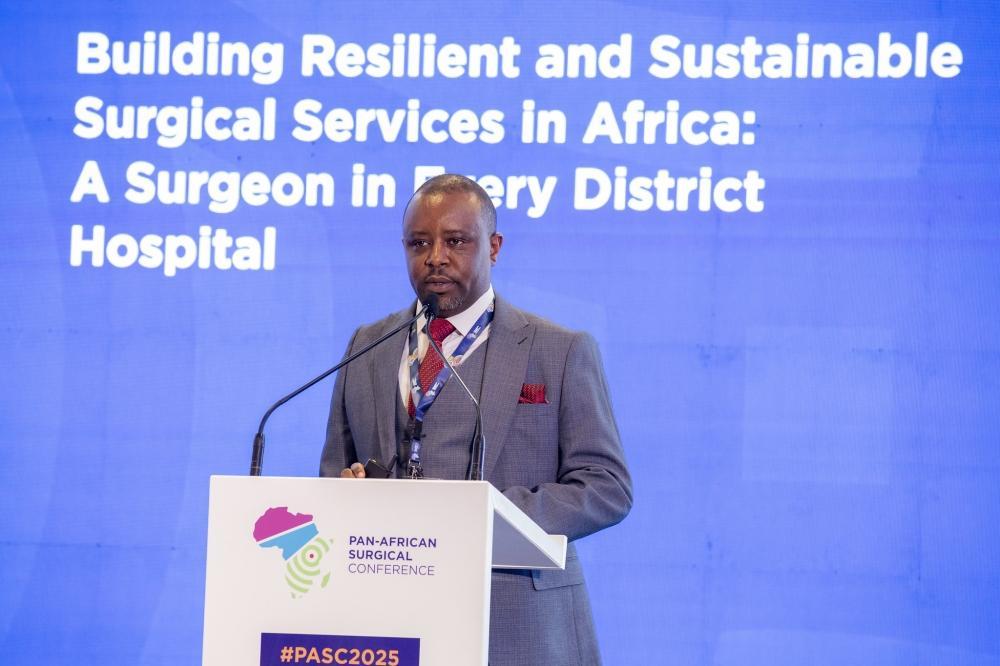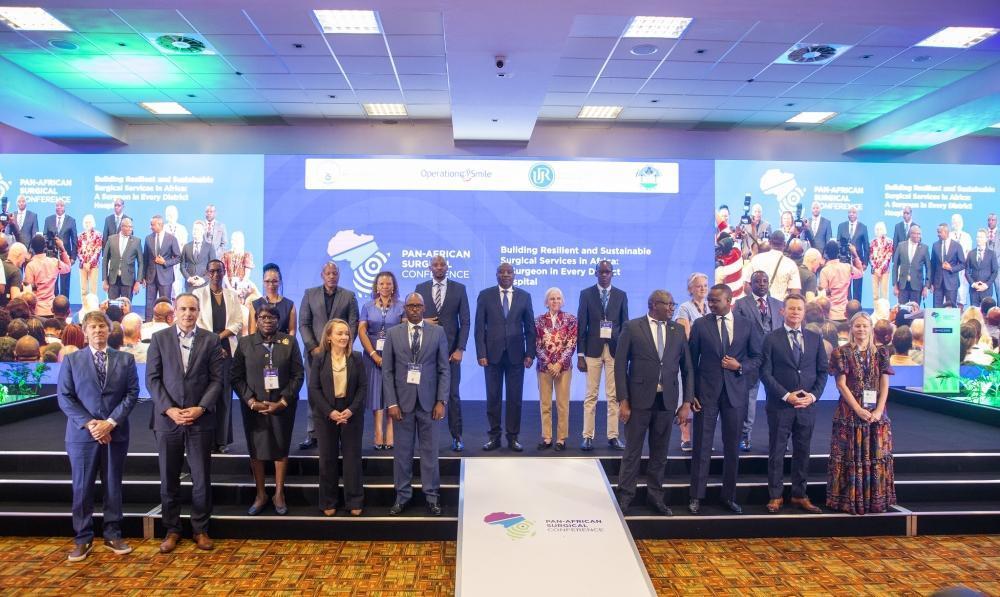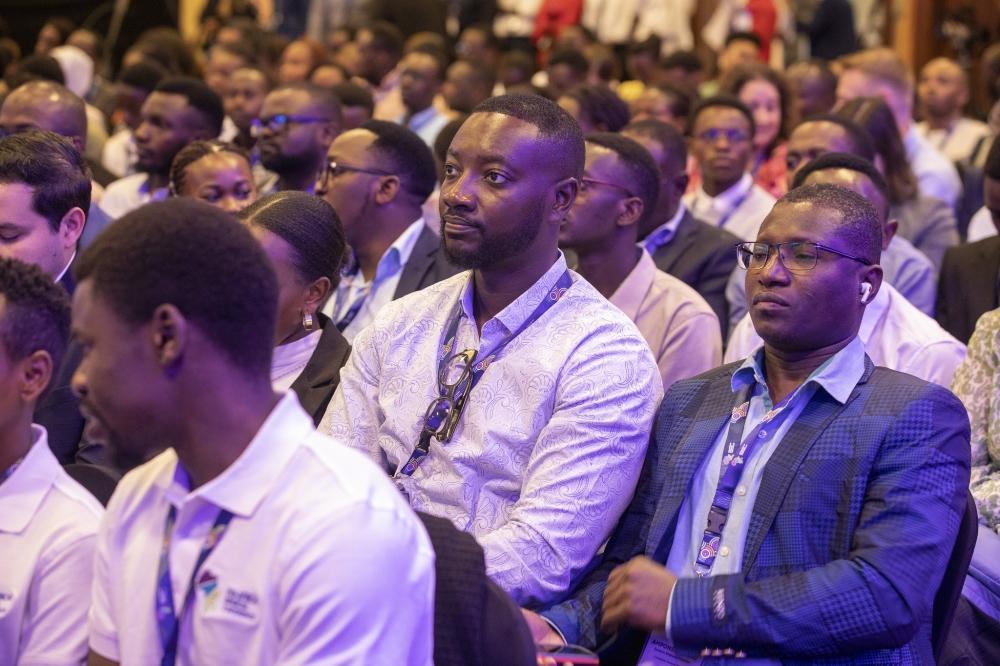Africa-Press – Rwanda. For years, Rwanda has always produced only about three surgeons annually, but this year, a total of 60 medics were enrolled in the surgeons training program.
It is expected that for the first time the country will churn out such a large number of surgeons in the next couple of years when they graduate.
Such efforts are part of the 4×4 reform, a strategy introduced in 2023, aimed at quadrupling the number of healthcare workers in the country within the next four years.
Speaking at the Pan-African Surgical Conference in Kigali on Monday, February 24, Professor Faustin Ntirenganya, President of the Rwanda Surgical Society, said the country not only faces a shortage of surgeons, but also support staff and infrastructure.
With such challenges, he pointed out that there are significant delays in surgeries, with some patients waiting for many months before they can get the necessary surgical procedures.
The confernce brought together surgeons, policymakers, global health experts
In total, Rwanda currently has 162 surgeons. However, to meet international standards, the country should have approximately 1,400.
In addition to the workforce shortages, surgical theatres are also inadequate. Rwanda has only about 0.9 surgical theatres per 100,000 people, which is far below the recommended 6.2 theatres per 100,000.
Professor Ntirenganya also pointed at the uneven distribution of surgeons across the country, noting that 46 percent of the country’s surgeons work in tertiary hospitals, while 28 percent are in private hospitals, meaning the majority are concentrated in Kigali.
The path forward
Health minister Dr. Sabin Nsanzimana acknowledged the low number of surgeons but emphasized that the goal is to increase the number to 1,000, though there is still a long way to go.
He noted that surgery requires even more ambitious targets than the 4×4 general healthcare workforce goals set by the country.
“Surgery, anaesthesia, critical care, emergence departments—all are interconnected and require significant efforts,” he said, as he added that the ministry has a specific program aimed at putting more efforts in increasing the number of surgeons, anaesthesiologists, critical care specialists, and emergency personnel.
Explaining more, he said that surgical training programs used to take place only in university teaching hospitals, but now, they have been expanded to provincial hospitals and will further reach district hospitals.
“Before we began implementing the 4×4 program, we were graduating just three surgeons per year. This year, we enrolled more than 60 residents in the first year of surgery,” he said, adding that the ministry is also working to improve infrastructure and ensure that the necessary equipment is available.
Nsanzimana also discussed how technologies like artificial intelligence (AI), can play a role in promoting access to surgeries, but he reckoned that AI will not replace surgeons.
“AI is going to help surgeons to be better, faster, and probably more precise with technology,” he said.
He called upon young people to choose surgery as an area of study.
“We need to get into surgery, critical care, emergency medicine. These are areas that are necessarily important, and these are domains where artificial intelligence is not going to test you,” he noted.
Professor Ntirenganya called upon the country to invest more in technology, saying it can serve as an advantage for the country to develop its surgical services faster.
Prime Minister Edouard Ngirente, speaking at the same conference, emphasised the need to ensure that communities have access to affordable surgical services at their nearest health care facility, and the need to expand the surgical training programmes to make a resilient workforce.
Happening from February 24–28 in Kigali, the conference is bringing together surgeons, healthcare leaders, researchers, and policymakers to explore solutions for strengthening surgical services in Africa.
It is looking to promote transformative initiatives in surgical education, technological innovation, clinical skills development, and the formulation of strategies to overcome challenges in resource-limited settings.
Delegates at the Pan-African Surgical Conference in Kigali on Monday, February 24
For More News And Analysis About Rwanda Follow Africa-Press








